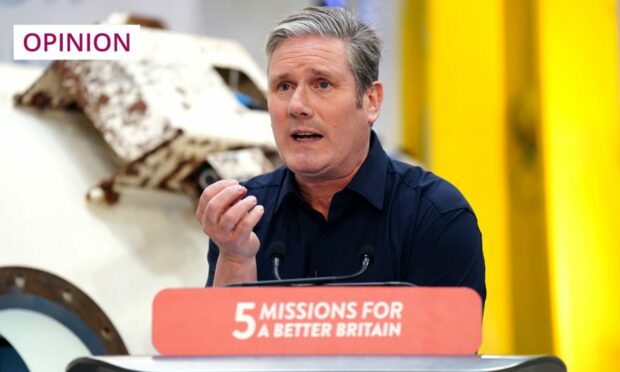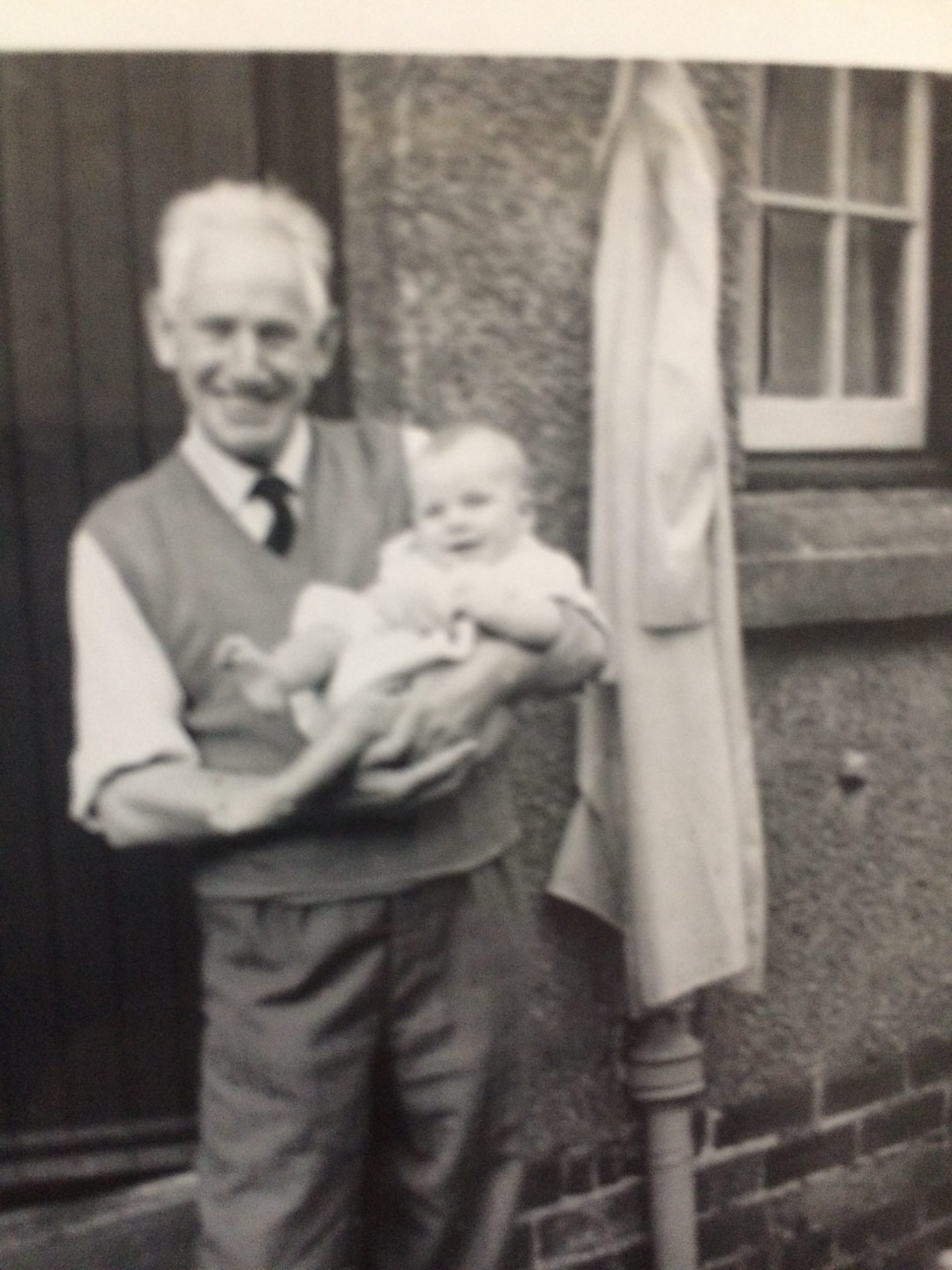It almost sounds like an awful admission these days, something from an HM Bateman cartoon.
You walk into a public place and dare to talk about politics and, suddenly, everybody in the venue gazes aghast at you and darts off like the devil in different directions. And the caption reads: “The man who suggested there was nothing wrong with voting Labour!”
It isn’t something to laugh about, of course. And, yet, listening to Sir Keir Starmer promising he won’t overturn Conservative policies – even those such as the two-children cap or “rape clause”, which have been widely condemned on a cross-party basis – encapsulates how the leader of the opposition is so desperate to win back the so-called “red wall” that he is moving further and further to the right.
There was a time when supporting the party didn’t just seem the most natural thing in the world, but was a guarantee that people in the mould of Keir Hardie, Ramsay MacDonald and Aneurin Bevan would ensure certain principles remained intact.
These values included respect for other human beings, inclusivity (before the word was even coined), a tolerance for opposing opinions – which is essential in a democracy – and the ability to conceive new ideas which might make a difference in the real world. Oh, and ensuring that grinding poverty was tackled head-on.

My grandfather, David Drysdale, was Labour provost of Whitburn and, as somebody who worked for the old Cooperative movement, drove a milk truck and realised many of his customers couldn’t afford to buy one of the most basic and essential commodities.
His life from that point was driven by the need to tackle the root causes of the mordant poverty which left so many people in Scotland condemned to a harsh existence in the pits and the shipyards and, later, staffing the newly-established NHS.
‘Nobody chooses to be poor’
He succeeded, or at least he made changes for the better, not through fake gestures or false promises.
He was true to himself: when he caught a young woman stealing milk from the back of his lorry, he sternly asked her why she had done it. This was in 1924. His diary – which is incredibly precious to me – relates the tale.
“She was just a lass of 19 or 20. She had nothing. She cried as if her heart might break. She had lost her dad in the war. Didn’t know where her mum was. Her bairn was three months old. He kept crying.
“Who else could I get involved? The lass needed milk for the wee one. [She was] really greetin’ by the end. I looked at her and I felt guilty. I gave her the milk. She looked so happy. But how had it come to this?”
There’s a Drysdale Avenue in Whitburn, which immortalises his memory. Even though we were just children, he taught me and my late sister, Jean, some valuable lessons about making sure we grabbed life by the scruff of the neck.
Four months before his death in November 1969, he wrote letters to us. And they included the words: “Never be mean. People make mistakes, but you see them get up and if you can help them, remember you might go through hard times yourself. Nobody chooses to be poor.”
A democrat to his bootstraps, compassionate to a fault, and in thrall to the notion that if any party ignored its core support, it was on a road to nowhere
That last sentence still reverberates. In my grandfather’s day, it was taken for granted that the right and left both had legitimate political argument. He had fought in the trenches of the First World War and, like so many other people, refused to speak about the horrors he had witnessed. But he knew there were no pat solutions, no one-size-fits-all philosophy.
He was one of the kindest, most principled and modest individuals I ever met; a democrat to his bootstraps, compassionate to a fault, and in thrall to the notion that if any party ignored its core support, it was on a road to nowhere.
I wonder what he would make of Sir Keir Starmer. But, then, I suspect he would believe that nobody called “Sir” should be leading the Labour Party in the first place.
Neil Drysdale writes features for DC Thomson and is also an author

